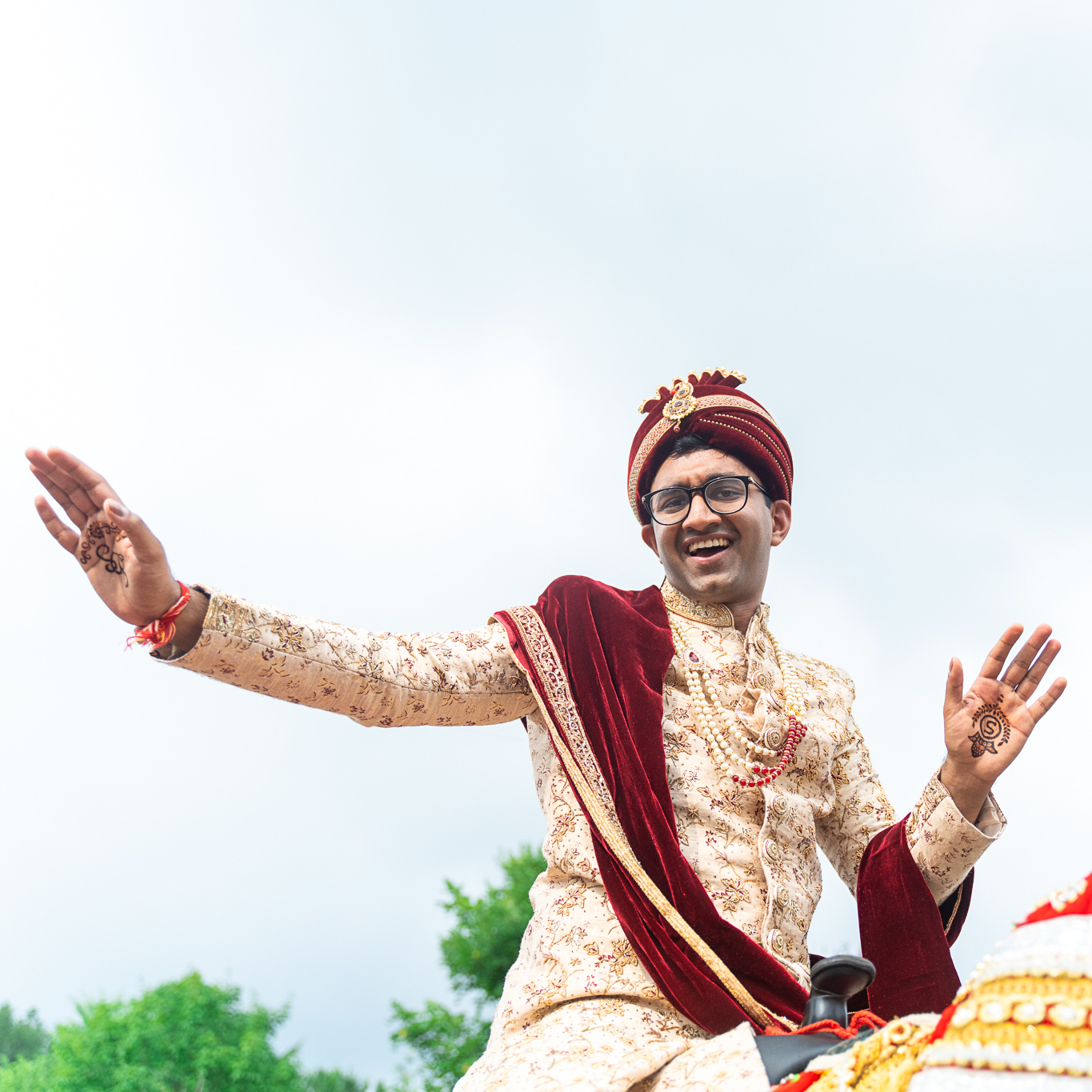Principles
I spent some time in December 2019 reflecting on my guiding principles. The result:
Life Philosophy
I have a single driving motive: to have a rich subjective life experience. To me, this consists of experience and sensitivity of awareness to that experience.
- Experience, broad and rich. I wish for a life full of joy, excitement, and sublime transcendence where the future melts away and the present appears before me in its full splendor and beauty. I expect a wide range of negative emotions and consider them a beautiful part of life. I only wish that they are neither persistent nor permanent.
- Sensitivity of awareness. For nuanced experience, beyond a small set of emotional labels, I would ideally live in perfect awareness of my mental, emotional, physical, and spiritual states, and exist only in the present. Sensitivity makes every emotion richer, and heightened awareness is necessary for sublime appreciation of the world. In addition to awareness of my experiential self, I ought to sharpen awareness of my narrative self, which consists of the perceptions/stories I hold of my own life. I prioritize actions that either directly provide a rich experience or improve my sensitivity.
In my personal life, I prioritize:
- Relationships. I intend to develop meaningful connections, support people and be supported, learn from others, and improve my mental models of how people work.
- Personal development and growth (expanded upon below).
- Physical health, which is a precondition for the types of experiences I want. (Chronic sickness, while an intense experience, limits freedom, is persistent, and sucks.)
- Fun! I want to enjoy life.
- Beauty and aesthetics in art and in the world. I’m just starting to explore this, but I think it’s central to being human. Refining my philosophy on aesthetics is an area for growth.
In my career, I prioritize:
- Intellectual engagement, both by problems and the people I’m around.
- Personal development and growth (expanded upon below).
- An enjoyable and energizing social environment.
I care about personal growth along many axes:
- Self-awareness: identification of the self, my strengths/weaknesses, and how I relate to people/the world
- Emotional: deepening my experience, managing it better
- Social: reading people better, understanding their needs, supporting them
- Philosophical: challenge my assumptions/worldviews and improve my mental models
- Intellectual: improve my analytical abilities and expose myself to new ideas
Why this philosophy? The major reason for my prioritization of subjective experience is because a lack of free will seems to imply no other source of meaning. My claims on the lack of free will are based on Pereboom’s induction argument and a biophysical view of nature. If we have no free will, then why should we care about our actions and our lives? For me, the answer lies in the beauty of the subjective experience. Even if I have no free will, I still experience my consciousness, and I would never want to give that up. Other philosophies that focus on ambition and success make no sense if we don’t have the free will to control that success.
There appear to be so many other philosophies to choose from: existential, stoic, nihilist, virtue ethics, etc. Each appears to have good justification! However, I think philosophers are primarily providing explanations for the way they were naturally inclined to live, so there is no a priori reason to support one over the other. (This claim as written is unsubstantiated, but then again, this isn’t a philosophical essay.) For example, Socrates said “the unexamined life is not worth living.” To someone with a personality that cannot help but be skeptical and engage in abstract reasoning, this is obviously true, but for many others, self-examination is painful and unproductive. So, to understand my life principles, I looked to my experiences and developed the theory outlined before.
Optimization. I naturally try to optimize, and I naturally strive to be successful. At the surface, it seems that my life principles are not aligned with these personality traits. However, if I ask the questions “to what end do I optimize?” and “why do I care about success?,” the answers are primarily to have a fulfilling set of life experiences. I now think optimization and striving for success are less likely to lead to rich, fulfilling experiences, so this is a behavior I ought to guide in a more healthy and productive way.
This leads to my statement that “optimization is the death of my humanity.” Optimization is problematic because it causes worry and draws focus to the future instead of the present. Instead, I hope to be purposeful and intentional with my time, without concern for being optimal. Intentionality is compatible with focus on the present and leads to using time well.
Ethics: Surprisingly, the fact that I follow a moral code isn’t entirely explained by the subjective experience motive. My ethics, in brief, involve actively helping the people who I care about and doing no harm to others. Actively helping people is also explained by my priorities for rich relationships. Avoiding harm acts less as a motivation for choosing my actions, and more as a rule to avoid certain actions. This ethical system is derived from my experience as opposed to a priori moral arguments.

Comments